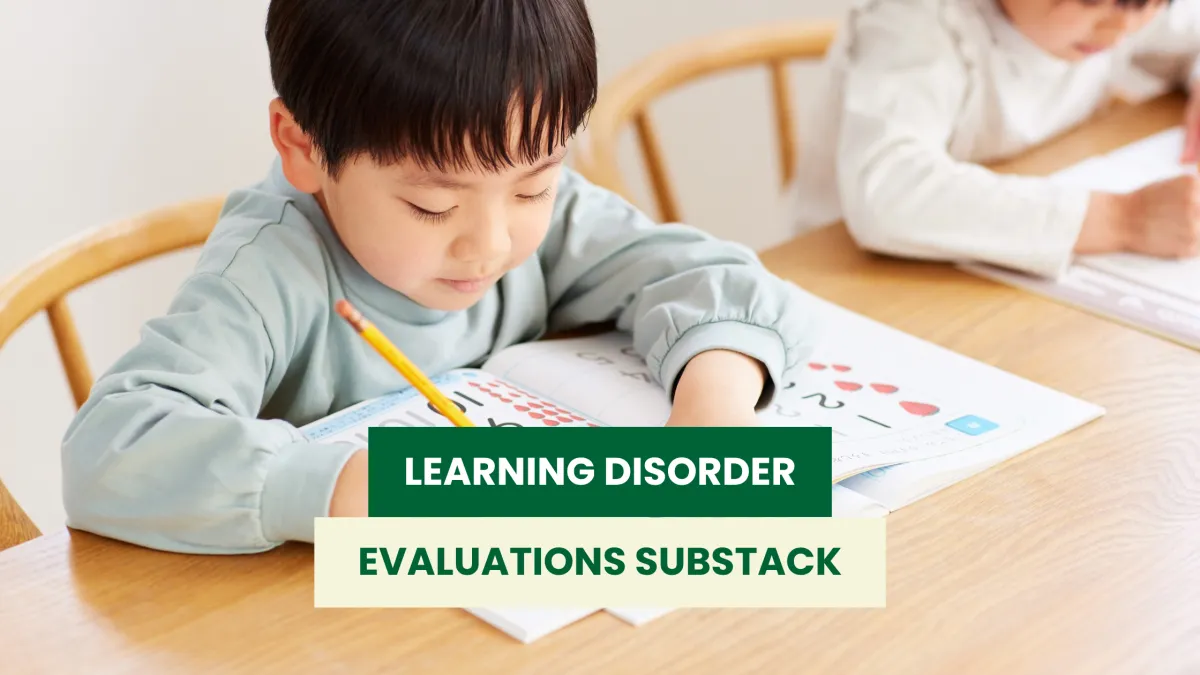
Learning Disorder Evaluations: Understanding Why Bright Students Struggle
Learning Disorder Evaluations: Understanding Why Bright Students Struggle
Many bright, capable students work incredibly hard yet continue to fall behind in one or two key subjects. For parents, it can be confusing—and for the child, it can be deeply discouraging. These challenges often point to dyslexia, dysgraphia, or dyscalculia, which are forms of specific learning disorders in reading, writing, or math.
At Forest Psychological Clinic, our evaluations go beyond academics. We explore cognitive, emotional, and processing factors to understand how your child learns best.
Intellectual Functioning – WISC-V or WAIS to measure reasoning and processing.
Academic Achievement – WIAT-4 for reading, writing, and math skills.
Processing, Memory, and Attention – evaluates working memory and executive functioning.
A learning disorder is diagnosed when there’s a significant difference between overall intelligence and specific academic skills.
What to Expect During an Evaluation
Consultation – 10–15-minute phone call with your evaluator.
Paperwork & Measures – ABAS-3, BASC-3, and intake forms.
Testing Day – WISC-V, WIAT-4, D-KEFS, and other tools as needed.
Feedback & Report – often same-day feedback; written report within 1–2 weeks.
Our one-day model allows families to get results quickly without compromising quality.
At Forest Psychological Clinic, our evaluations go beyond academics. We explore cognitive, emotional, and processing factors to understand how your child learns best.
Intellectual Functioning – WISC-V or WAIS to measure reasoning and processing.
Academic Achievement – WIAT-4 for reading, writing, and math skills.
Processing, Memory, and Attention – evaluates working memory and executive functioning.
A learning disorder is diagnosed when there’s a significant difference between overall intelligence and specific academic skills.
Why Choose Forest Psychological Clinic
Over 2,000 evaluations completed.
Local collaboration with schools and parents.
Neurodiversity-affirming, trauma-informed, strengths-based approach.
Accepted by schools and colleges for IEPs and accommodations.
Take the First Step Toward Clarity
If you or your child might be autistic, getting an evaluation is an act of self-understanding—not a label. It’s the first step toward insight, support, and peace of mind.
Call 971-331-1366 or visit forestpsychologicalclinic.com
